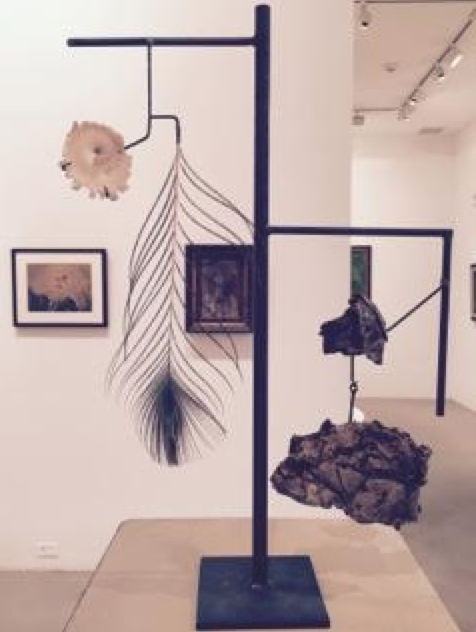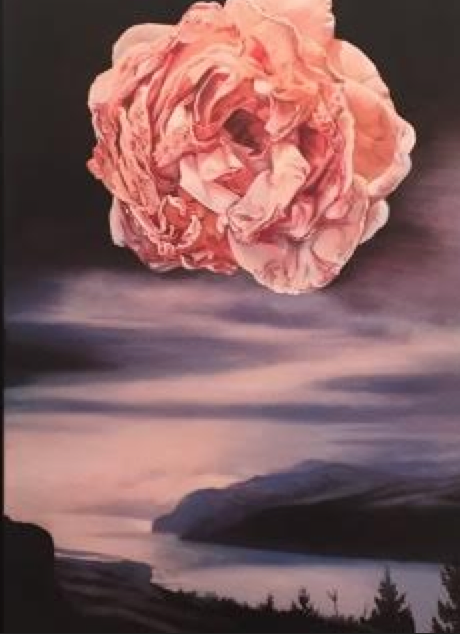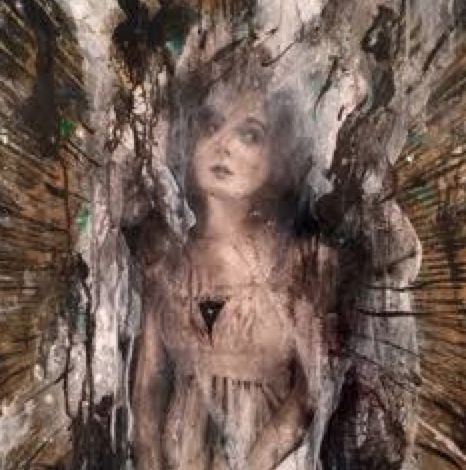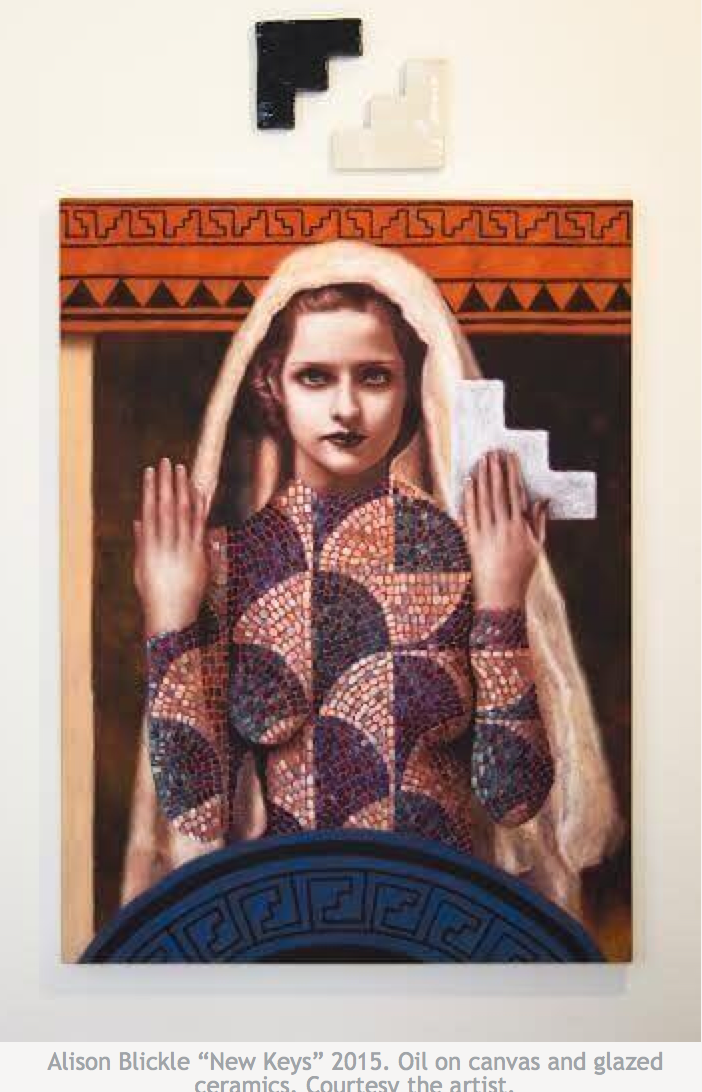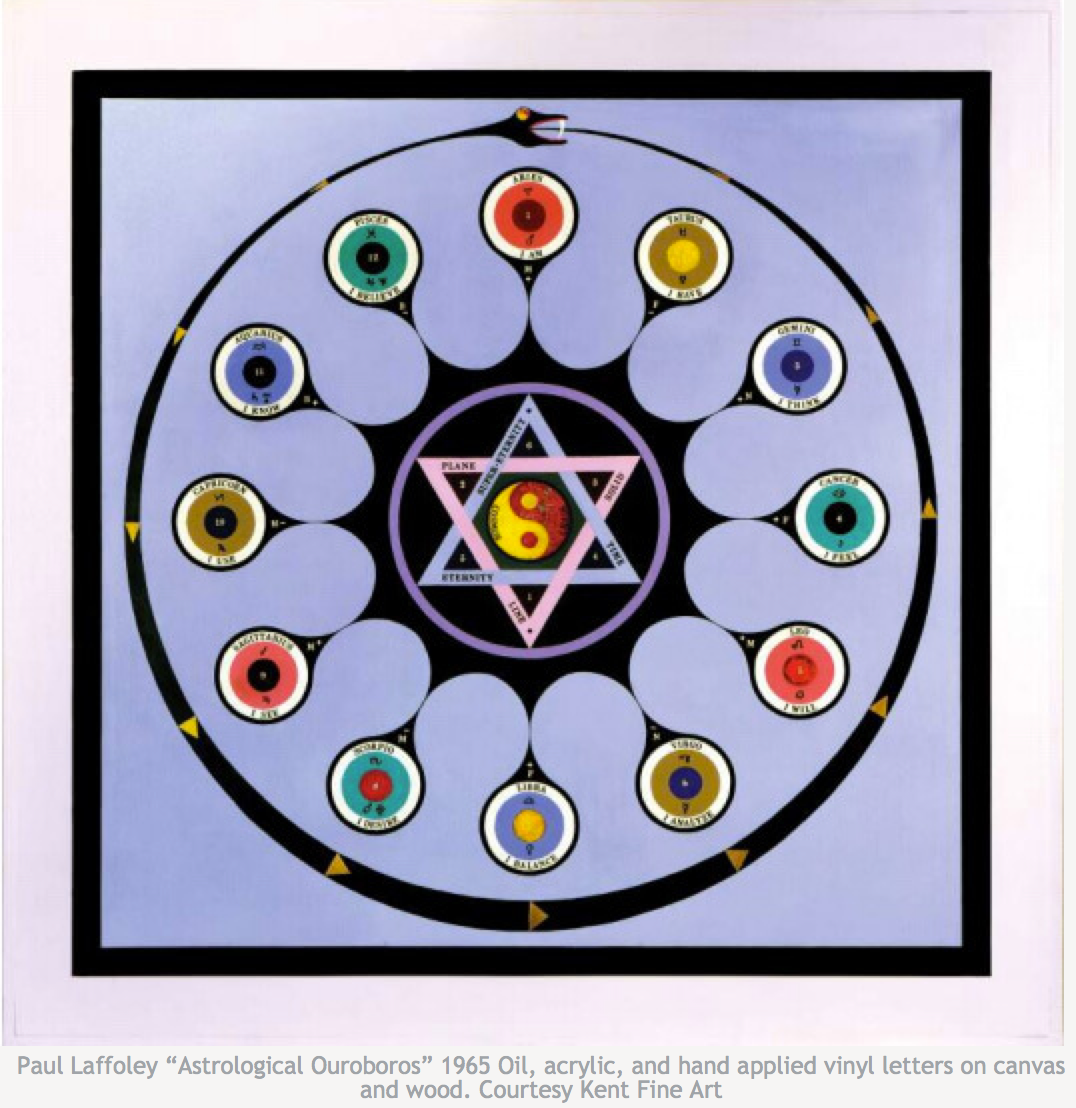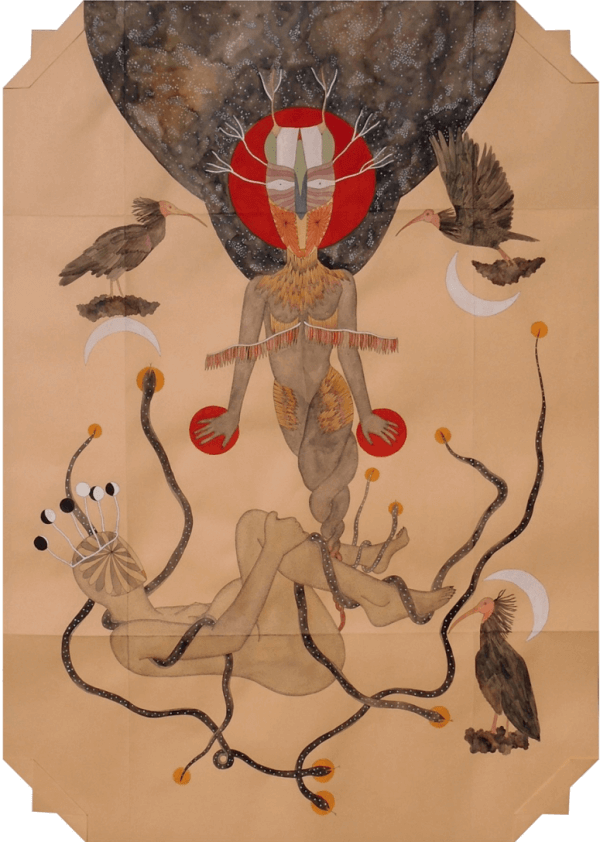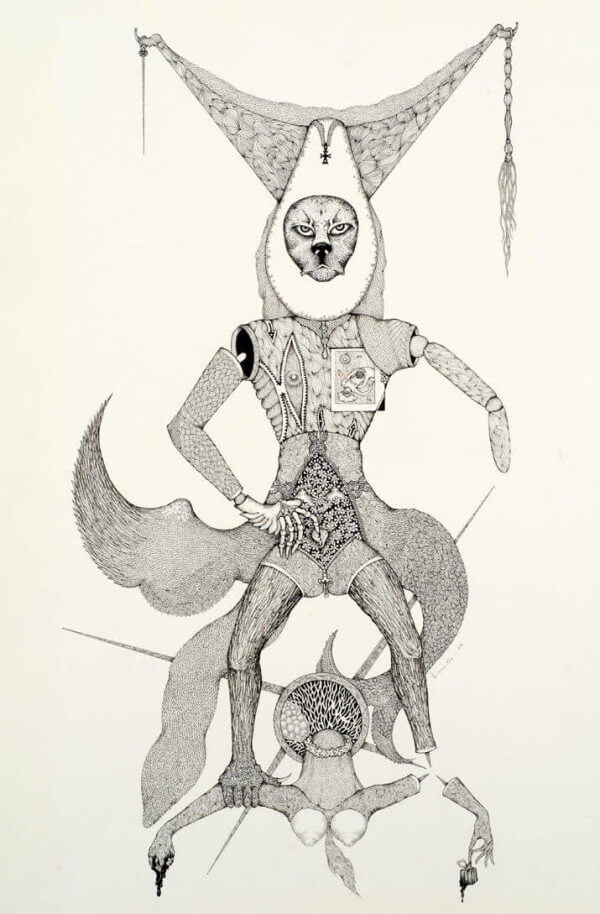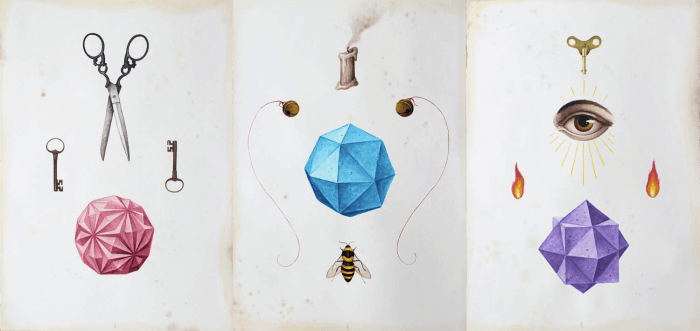BY LISA MARIE BASILE
Rape culture: when your friend is raped by her cab driver and the police question whether or not you were asking for it.
In a major metropolitan city, there's plenty of things to fear. Among them? Cab drivers. Many of us have encountered the driver who tells us we’re pretty, asks if we’re single, wants to know if we live with someone or asks for our phone numbers. It’s uncomfortable, it’s frightening, and it needs to stop. Simply put, this behavior should be illegal rather than commonplace.
A friend told me the below story:
*Mary took a cab home--pulled over by her friends--because she was inebriated. She woke in the cab driver's bed without any recollection of what happened, with her body oddly positioned on top of a towel. As an object. When she managed to get out of his apartment, go to the hospital and ask for a rape kit, she was told to wait because there wasn't enough proof it "wasn’t consensual." Mary tells me that this cab driver (who she calls Sandy), who was employed by the city of New York, wasn't convicted because the District Attorney took a rapist’s word over hers.
***
When Mary and I talk on the phone, she tells me it is crucial to tell her story in order for change to ensue, in order for the government and for everyday people to understand that a woman’s word means something, that silencing others is a sin on par with rape itself.
***
There was more than enough evidence to lead anyone to believe the cab driver was a rapist. When Mary was put into a Brooklyn cab by two friends, they explicitly asked the driver to take Mary home. Mary was inebriated, as many are when they take a cab home late at night, and so her friends made her repeat her address to the driver several times. There was no indication that Mary knew the driver or desired anything but to get home safely.
What Mary vaguely remembers is someone buying beer, and according to her police report, "pouring liquor or some substance down my throat," as she was "in and out of consciousness." What she next remembers is waking up "extremely confused" with "no idea why or how I had gotten to this location or who this person in the bed next to me was." Mary was distressed, still not sober, and panicking.
Over the phone, she told me her body was "still in pain." This is a jarring sentence to hear. Because what happened to her was real; the physical pain will eventually end, but the experience of being manipulated against your will can never be undone.
***
When Mary went to the Emergency Room at Mt. Sinai in Queens at 3pm, she sat alone for the most part, without the offer of any food or water. Two officers finally arrived at 6pm as per the Hospital’s request, and they were aggressive, according to Mary, suggesting without her memory of the incident in question there could be no prosecution.
Mary told me, "I was stunned with how poorly these men treated me in my hospital room. They pressured me to drop the case and tried to tell me it wasn’t a rape case, and that if I was drunk, that maybe I had 'gotten friendly with the cab driver' while I was in the car."
She continued, "I was so distraught, I couldn’t believe the officers were insinuating it was my fault…[they] didn’t believe anything I told them, and were being so dismissive and aggressive. I even told them I had two witnesses who put me into the cab alone with the driver...they still insisted I didn’t need the rape kit. I insisted I hadn’t gone [with the driver] by choice, that I had been taken advantage of while I was blacked out, and that it was a taxi driver who had done this…[in his] house in Queens."
Because Mary was drunk, her case wasn’t taken seriously--and this outcome isn’t news. Women have long been taken advantage of when inebriated or drugged. Despite the many victim-blaming mentalities out there, transitive theory does not suggest if one drinks, one consents to the possibility of rape.
"They said since I had been drunk I had no idea where he had taken me or what borough I’d been in," Mary said. "My doctor at Mt. Sinai was extremely upset with how they were treating me, and they called Mount Sinai’s Sexual Assault And Violence Intervention Program (SAVI) to have an advocate sent to help me and make sure I was being treated ok."
SAVI’s mission is "dedicated to validating, healing and empowering survivors and their supporters to lead safe, healthy lives through advocacy, free and confidential counseling, and public education."
Despite SAVI’s efforts in supporting Mary, the police (the only presiding power) didn’t believe Mary until she semi-remembered signage she thought she saw that night. Only then did they confirm with the location services map on her iPhone, which indicated when she’d been picked up and for how long she was in that location (his home).
The next day, the cops found the location services information to be enough "proof," so they had Mary call her rapist from the Queens Precinct. The detective asked Mary to "act like I knew we had sex, and just ask if he used protection and see if he would say anything about me being passed out to try to get him to incriminate himself over the phone, which would be recorded over the police system."
When she called Sandy, she asked if they’d "slept together," to which he answered yes. Mary told me it was painful to hear that Sandy’s admission, though suspected, was devastating. Mary had actually been raped.
"I then asked him why I wasn’t able to recall anything and he said I was passing out…the detective was writing me prompts of what to ask him so I asked if I had passed out totally, and he claimed I passed out 'during sex' and he kept saying 'don’t worry about it,'" Mary said.
If a person takes you against your will and has non-consensual sex with you when you’re incapacitated, that it is rape shouldn’t be up for debate.
Judging by the FBI’s revised definition of rape, "Penetration, no matter how slight, of the vagina or anus with any body part or object, or oral penetration by a sex organ of another person, without the consent of the victim," there should be no room for misinterpretation, and yet there is--along with shoddy police work, held up by the foundation of rape culture.
By New York state law, what Mary’s cab driver did was certainly first or second degree rape, given the mental incapacity to provide consent, along with the kidnapping. How much more real does this get?
In the end, the detective told Mary the District Attorney had dropped the case on account of there being no real proof (as her rapist simply had to say something to the effect of 'she wanted it') and that was it.
***
The reality is, many rape allegations aren’t taken seriously.
Recently, a woman was raped at the popular Happy Ending Lounge, a bar even I frequented for years as a literary host. With its dimly lit bathrooms and somewhat hidden downstairs areas, it scares me to think of the all-too-real possibility of the situation--a situation any of us could be put into. The cops, instead of taking the victim seriously, claimed she was a party girl. And, even if she were drinking and "partying," does that mean she deserves to be raped?
In 2015, there were 851 reported rape cases in NYC (an increase from last year), with rape in car services on the upward trend. In February this year, a Brooklyn woman was raped in the back of a cab. This came at a time when Uber and Lyft drivers assaulted dozens and dozens of passengers. Mary’s case is one of many.
What happens when walking home is too unsafe? When the subway is unsafe? When taking a bus is unsafe? And when the person paid to drive you home changes your life forever?
***
Why are victims still being silenced? Is it because we teach people to wear protective, anti date-rape nail polish rather than teaching them not to rape? Rather than enforcing very real punishment for rapists? Does the problem stem from the idea that rape is only rape when it’s violent? Is it not widely accepted that rape takes various forms? On television, and in books, is it too-often reduced to compulsive desire or fantastical dominance? Or, is it much more likely we blame the victims in our smug, sexist righteousness to prosecute the whore? Are we too busy making jokes about it on TV?
Mary explained how even after going to the hospital, she felt there was no real advocacy. She felt like there aren’t enough emotional resources available quickly, and more importantly, how any support she was given paled in comparison to the poor treatment by the police. She felt she was not heard.
She wrote in her police statement, "I want help in having someone actually investigate this crime…the suspect was not apprehended and is still driving a cab around the city with no repercussions. This is dangerous for me as he knows where I live and I am very scared for my safety, and for other women’s safety. If he got away with this once with me with NO repercussions he will probably do this again and that is not acceptable. I do not understand how this does not qualify as kidnapping and rape, and I also do not understand why the case was dropped due to what the suspect told police."
Whether you are telling the story to a counselor, the news or your friend, your voice matters. Whether you are sharing this story or another one, your part in the conversation matters. As Pepper Elliott, who was assaulted at Happy Ending, said, "I really do believe social media is a powerful platform that can be a catalyst to these types of changes in perception, which eventually result in changes in behavior. I think that potentially the result of me being this vocal about my experience will at least elicit minor changes in the way those who are close to me might think or act and those changes might permeate the minds of others."
Please reach out to the following resources if you or someone you know needs support:
National Sexual Assault Hotline: 800.656.HOPE (4673)
RAINN: http://nownyc.org/service-fund/get-help/rape-sexual-assault/
SAVI: http://www.mountsinai.org/patient-care/service-areas/community-medicine/areas-of-care/sexual-assault-and-violence-intervention-program-savi/services
The New York City Alliance Against Sexual Assault: http://www.svfreenyc.org/survivors_emergency.html
NYS Department of Health: https://www.health.ny.gov/prevention/sexual_violence/what_to_do.htm
The New York State Coalition Against Sexual Assault: http://nyscasa.org/get-help/crisis-centers-by-county/






























































